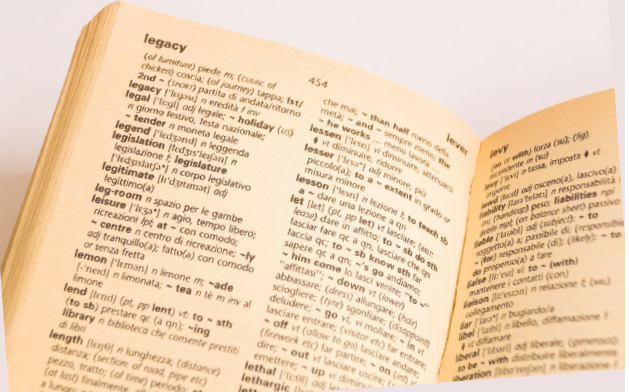THE ABSURDITY OF ENGLISH SPELLING
A lot of students complain about how difficult it is for them to memorise the spelling of English words. They might notice that the same words may have the same pronunciation, for instance, colonel and kernel, or their, they’re and there. Even harder for them is to stomach how the same word in two different roles can have two different pronunciations, like convert as a noun and convert as a verb. If you are studying English as a foreign language, perhaps you are comparing the system of English spelling to how the words are written in your language. You may also claim that English does not have any spelling rules. However, this is far from true. Surprisingly, more than 85% of English spelling is predictable, which means if a person pronounces a word correctly, the listener can guess its spelling with a higher than 85% success rate.
You might ask why English-speaking people do not change the spelling over time based on the contemporary pronunciation of the words. Well, there are a few valid arguments against reforming the spelling of English words. The first one is that we do not know whose pronunciation to use as our reference. English is the first language of different countries whose people pronounce words differently. The current spelling system caters to all accents of the English language. The second reason is that spelling reform can make it extremely hard for today’s students and scholars to read classics of the English literature. It is only thanks to the preservation of the spelling of English words that one can read literary works like Emily Bronte’s The Wuthering Heights from more than 150 years ago.

